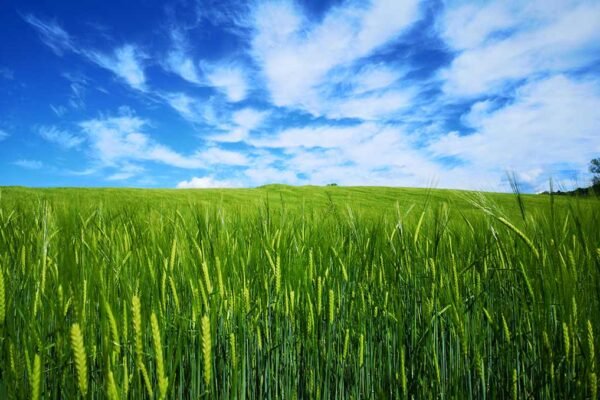Trade in endangered animal and plant species
- Home
- Sustainability Law
- Trade in endangered animal and plant species

Trade in endangered animal and plant species (CITES)
In order to protect biodiversity, countries around the world have also established the CITES convention. CITES stands for Convention on International Trade in Endangered Species of wild fauna and flora. The provisions in this convention pertain to the international trade in endangered animals and plates. This not only concerns living, but also dead animals or plants, as well as their derivatives. For example, the rules from this convention also apply to feathers or a stuffed specimen of the protected species. Incidentally, medicines and nutritional supplements that contain products from protected species can also fall under the CITES convention. With the CITES convention, the countries particularly want to prevent endangered species in the wild from becoming extinct or declining sharply due to international trade.
We are Always Ready to Assist Our Clients
Law & More has at its disposal a dedicated team of multilingual lawyers
The international CITES Convention is implemented at European level by means of the EC-CITES Basic Regulation and the EC-CITES Implementing Regulation. At the national level, the Flora and Fauna Act (Ff Act) refers directly to the EC CITES Regulations. This Dutch law also regulates trade and possession for a number of species that are not covered by the CITES convention. In view of CITES legislation and regulations, trade in many protected animal and plant species is generally prohibited. But also collecting, transporting or possessing protected animals and plates is in principle not allowed. The endangered species are also called CITES species. However, an exception based on a CITES permit is possible under certain circumstances. Whether trade is permitted and under what conditions is determined by the CITES Appendix on which the animal or plant species is listed. Another determining factor is whether the animal or plant species comes from the wild or was bred or bred in captivity. Plants and animals can only be imported into the Netherlands with a CITES import permit. Often these plants or animals have been taken from the wild. However, they can be kept as usual if the holder has the correct documents. At the European level, import, export or re-export across the external borders of the European Union requires an import permit, import notification, export permit or re-export permit. In addition to these permits, European regulations include the EC certificate for transfer of ownership, commercial transactions and transport within the European Union.
However, despite the legal possibilities, the illegal trade in endangered animal and plant species amounts to billions of euros annually. As an important transit and trade centre for Europe and the world, the Netherlands cannot escape this either. However, the Netherlands has committed itself to the CITES convention. That is why the Netherlands has an inspection and investigation service AID, the General Inspection Service, to combat this illegal trade in endangered plants and animals, which is in violation of the CITES convention. The AID also provides support to customs and police by providing knowledge and expertise in the field of CITES and the Flora and Fauna Act. In addition, the Regional Environmental Teams (RMTs) and Interregional Environmental Teams (IMTs) of the police are also involved in CITES enforcement. The RMTs carry out inspections at companies and establishments, while the IMTs deal with large-scale investigations. At the Dutch borders (such as the port of Rotterdam and Schiphol airport) this task is reserved for Customs.
Do you have plants and animal species that you would like to import or export and do you want to know whether this is permitted under CITES legislation and regulations? Do you need help with the application for the CITES permit or another European permit? Or are you dealing with one of the above-mentioned enforcement authorities? Regardless of your question, Law & More’s lawyers are at your service. Our lawyers are experts in the field of CITES legislation and regulations and are aware of current developments in this regard. Do you have any other questions about trade in endangered animal and plant species? Then contact Law & More.
- Environmental Law
- Environmental Act
- International climate framework
- Climate jurisprudence
- The international sustainability debate
- The European Green Deal
- Emission Allowances
- Innovation
- Biodiversity (CBD)
- Trade law
- Consumer law
- Corporate Social Responsibility
- Sustainability clauses in commercial contracts
- Financing
- The Energy Investment Allowance (EIA)
- The cartel prohibition and sustainability
Contacts
Address
De Zaale 11
5612 AJ Eindhoven
The Netherlands
Do you want to know what Law & More can do for you as a Dutch Law Firm in Eindhoven?
Then contact us by phone +31 40 369 06 80 or go to the contact page for more information:




